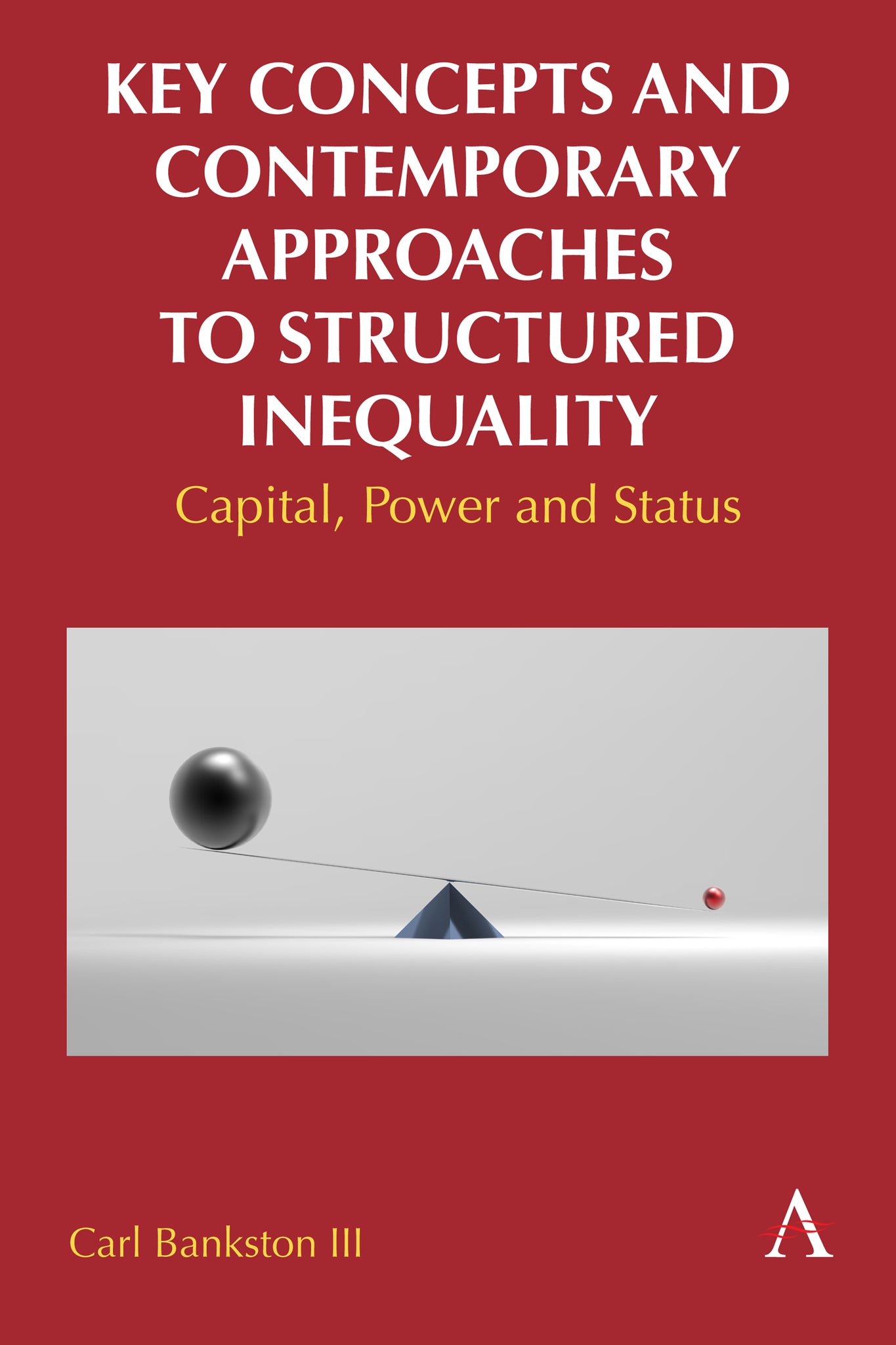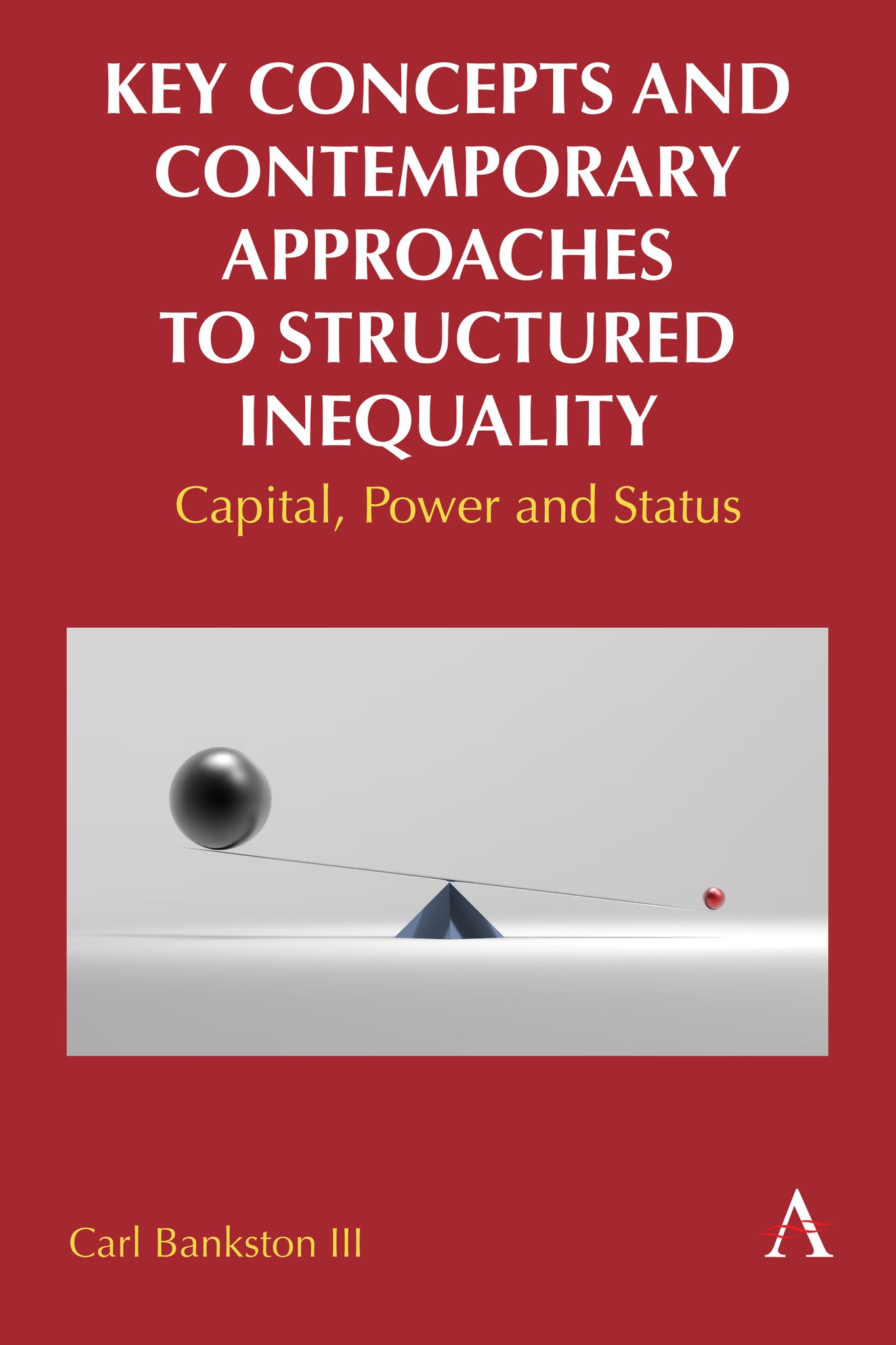We're sorry. An error has occurred
Please cancel or retry.
Key Concepts and Contemporary Approaches to Structured Inequality

Some error occured while loading the Quick View. Please close the Quick View and try reloading the page.
Couldn't load pickup availability
- Format:
-
06 June 2023

This book presents an introduction to the concept of social inequality. It provides a theoretical and historical background to ways of approaching this topic and discusses classic and modern theories of stratification. After identifying the key concepts of this topic, the book lays out evidence on the nature and extent of contemporary social and economic inequality. It then considers categorical forms of inequality, notably, race, class, and gender. Finally, the book examines sources of social inequality and discusses political consequences of stratification and different policy responses.

SOCIAL SCIENCE / Social Classes & Economic Disparity, Social classes, SOCIAL SCIENCE / Sociology / Social Theory, POLITICAL SCIENCE / Public Policy / Economic Policy, Social mobility, Social discrimination and social justice

"Bankston offers a novel approach to understanding stratification by taking the reader through a journey in the evolution of social thought. Each chapter demonstrates how rules of society are altered as we move from hunter-gatherer societies all the way to a post-industrial society." — John C. Kilburn, Jr., Texas A&M international University, USA.
List of Figures and Tables; Introduction: How We Think about Inequality; 1. Theories of Social Inequality; 2. Key Concepts; 3. The Twenty-First Century Setting; 4. Categorical Inequalities: Arguments and Evidence; 5. What Makes People Unequal?; 6. Politics, Policy, and Stratification; References; Index



